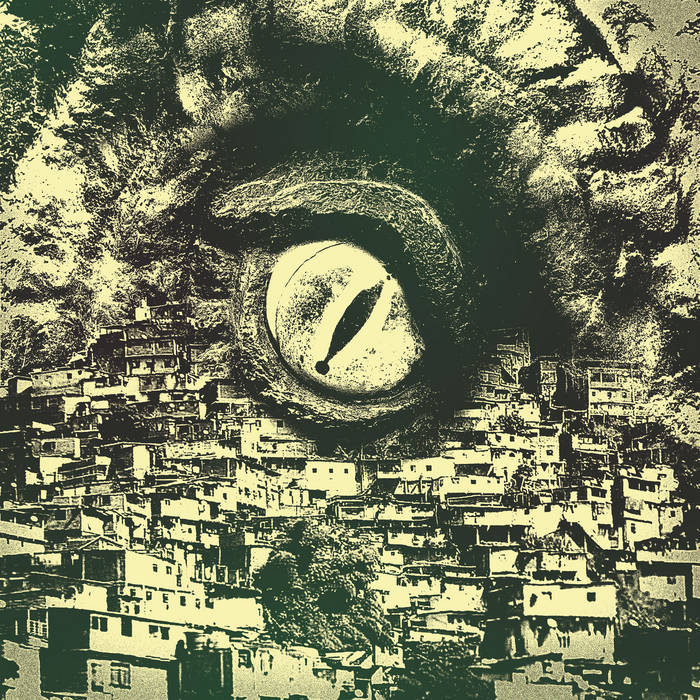Music history bristles with tragic accounts of trailblazers who only got their due after their passing. Pedro Elías Corro, alias DJ Babatr, the godfather of raptor house, was already an icon of the Caracas underground when his “second coming” came, after a 14-year hiatus. His productions had been circulating widely beyond domestic borders via bootleg CDs and various compilations. Western audiences were just starting to take notice. A new generation, notably US producer Nick León and the Colombian TraTraTrax crew, recognised him as one of dance music’s unrecognised visionaries. The fruit of their collab, ‘Xtasis’, co-produced by León, remains an era-defining track of the early 2020s.
DJ Babatr’s rise has been turbocharged, from appearing in virtually every festival set during the 2022–23 season to collaborating with Arca, debuting at Berghain alongside Skrillex and releasing on labels like Naafi, ACA, Paryìa and Nervous Records. His powerful tunes worked in various contexts and were guaranteed to cause mayhem on the dancefloor. At some point, it felt like he was everywhere at once, yet he survived the hype without losing momentum. In 2025, raptor house (aka changa tuki) is a established dance genre and a reference point for many contemporary producers emulating this specific aesthetic conceived at a specific time in Venezuelan history. For more insight into its intricate social background amongst the working class youth of Caracas and the origins of the early 00s miniteca scene, I can suggest this old documentary and recent feature.
Pitched as an archival release with some extras, the main chunk of Root Echoes, including its most genre-defining tunes, was produced between 2003–2007. All follow a similar formula: rolling percussion-heavy syncopations, aggressive ravey synths and loopy vocal chops (mainly goofy one liners and hooks, not too far from 00s Eurodance). Out of the 700-plus tracks he has produced, the ones included here are hardly his crowning achievement. Classics like ‘To-K’, ‘Bang Bang’ and ‘More My Love… Water Dog’, to mention a few, have long been present on DJs’ USBs. Still, Root Echoes is a great entry-point for newcomers who can get the gist of raptor house in a half hour’s worth of fist-pumping club tools.
His over-the-top synth stabs echo the hard energy of hard house pioneer Tony De Vit, drilling into your auditory cortex mercilessly, sometimes with pronounced ominous undertones, consistently in an unhinged manner. The distinct elements are more or less exaggerated for full dancefloor effect. ‘Mix Metros’, with its spiralling razorsharp synth, runs under 90 seconds, more as an idea than a fully-fledged track. ‘Looking Good’ comes across like a b-side to the bouncy dancefloor filler ‘Tribe (Baila)’, while ‘Notre Danza’ sounds like a Thunderdome rave caught in a pinball machine. From the older output, ‘The Tech Sounds’, ‘You I Wanna Bass’ and ‘Street Rhythm (Go)’ particularly stand out as time-tested weaponry. The release would have a bigger impact with some of his certified bangers instead of new cuts like ‘1234 Ladys on the Floor’ and ‘Lets Do It (te-te)’, in terms of providing a more exhaustive, more essential overview of this chapter in dance music history.
What makes his music exceptional, compared to contemporary underground aesthetics from across the Atlantic and the US, is his rhythmic DNA, with alluring beats in true Afro-Venezuelan fashion (see tambores) as backbone. Just like with footwork and gqom, these autochthonous rhythmic inventions – an almost chance discovery driven by human curiosity – are now integrated in the global family of dance music as one its pillars. DJ Babatr’s rise to prominence might have been belated, but it also speaks of a general, somewhat comforting truth: innovative music will eventually find its way into the world.


